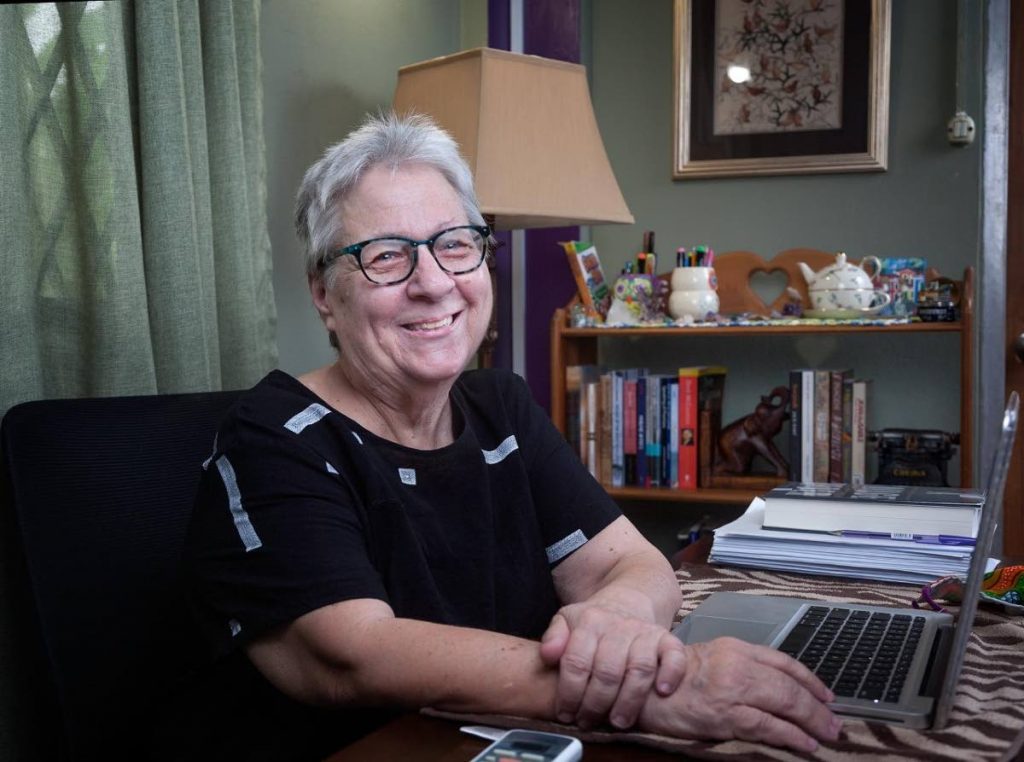A need to focus more on the humanities

MANY of us have this gnawing feeling that something is terribly wrong in the world today.
From the recent insurrection in the US to the covid19 crisis, we have witnessed a breakdown in moral values and an inability for many people to process and accept facts.
Look how many millions of Americans accepted President Donald Trump’s baseless claim of a stolen election or how many people defy scientific evidence and refuse to wear masks. There’s a dramatic decline in empathy, respect and effective communication skills as well.
What went wrong? For the last three years, I have been seeing Internet articles that blame many of our problems on the dramatic shift away from a humanities-based education.
The humanities include the study of all languages, literature, the arts – including drama – history and philosophy, which includes logic. The ancient Greeks believed the humanities were crucial for a well-rounded education. But in the last few years, we sacrificed that belief to stress science and math education more than ever.
Rising costs in education meant less students invested in a humanities degree. Parents and teachers warned students they couldn’t get jobs – at least well-paying ones – with a humanities degree. When we tossed the humanities aside, we sacrificed the important foundation in analytical skills that studying the humanities provides.
We also lost an understanding of those who are different from us. The humanities help us to understand different cultures. An article in the UK-based Guardian newspaper on June 26, 2020 points out that the humanities offer “the analytical and critical methods of inquiry derived from an appreciation of human values and of the unique ability of the human spirit to express itself.”
The article says, “Last year alone in the UK, the number of British students taking the three types of English A-levels dropped by 20 per cent compared with two years before, while those studying performing and expressive arts fell by 54 per cent. Over the decade to 2017, the numbers studying languages at British universities fell by 35 per cent, while the figure for those studying biology, maths and medicine rose (by 47 per cent, 26 per cent and 11 per cent respectively).”
Three years ago in another article entitled “We Need the Humanities,” published in the March/April 2017 edition of the Dartmouth Alumni magazine, freelance writer Judith Hertog wrote, “Ironically, academics argue that we need the humanities now more than ever because society and culture are highly polarised in what has been deemed the ‘post-truth’ era.”
She continued, “…the fake news phenomenon has been giving critical thinking, long touted as the most positive result of studying the humanities, a run for its money.”
Experts warn that without the humanities, we can’t deal with issues like fundamentalism, terrorism, racism, fascism – those problems can’t be solved with technological solutions. You have to understand an issue before you can deal with it.
Jeff Sharlet, an English professor says, “A creeping sense of fundamentalism has left us bereft of the subtle scholarly discourse the humanities inspire. Fundamentalists erase detail and flatten the world by insisting on one truth.”
This article also points out that many people with degrees in the humanities do get well-paying jobs. “It turns out that the unquantifiable soft skills that are learned by studying the humanities are more essential for success in business or politics than particular technical skills,” Sharlet wrote.
With a little imagination, we can help students develop an appreciation for the humanities. It will mean tackling the way we teach history. Professors say that humanities courses can be built about themes and great books rather than a dry march through time.
Sharlet says, “I have students think about what justice is or what it means to live according to your ideals,” she says, “as opposed to assigning them a list of great works of literature that you must have studied to be considered ‘educated.”
The humanities make us question who we are and what our place is in this world. The humanities help us to consider the opinions and culture of others; sharpen our analytical skills and develop the vital knowledge we need to differentiate objective from subjective thinking. The humanities provide the tools to protect us from much of the dangerous thinking that prevails today.


Comments
"A need to focus more on the humanities"